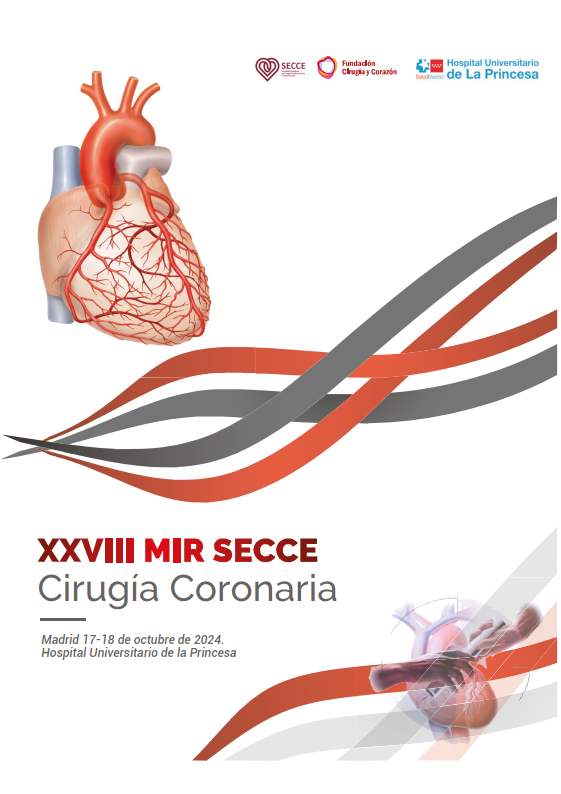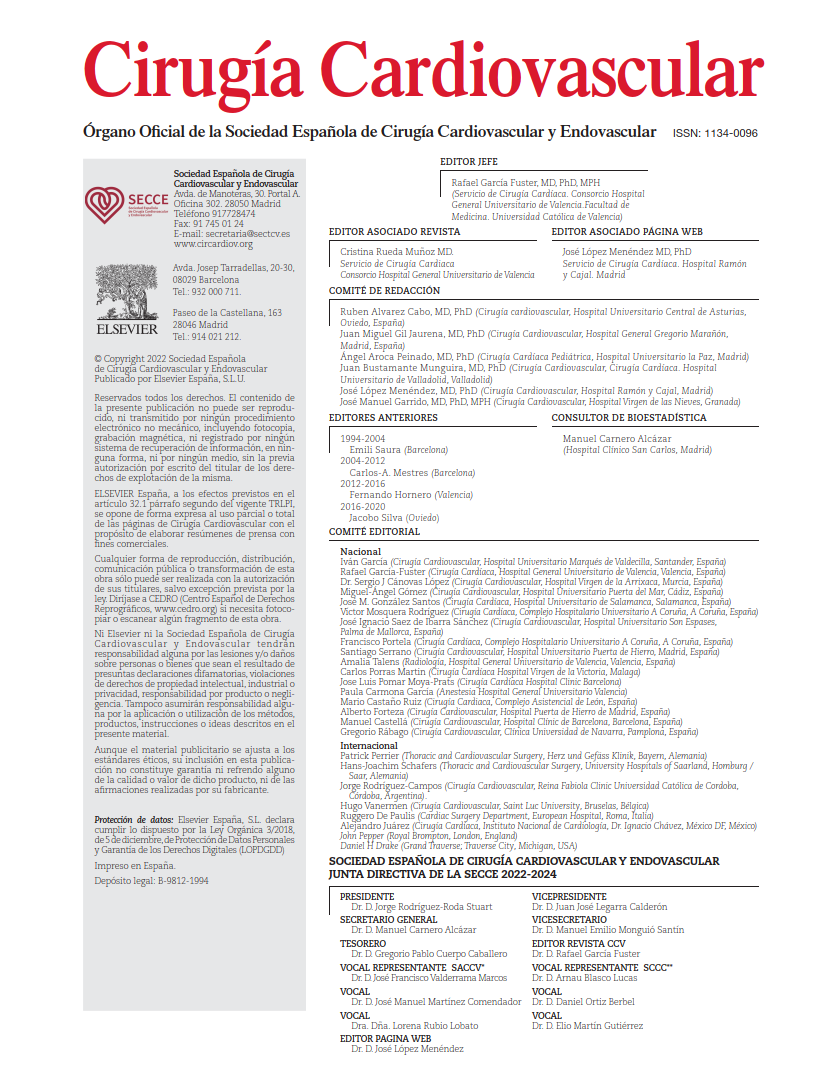While professionalism has long been acknowledged as a foundational attribute in thoracic surgery—endorsed as a core competency by organizations such as the ACGME and ABMS—it has traditionally been assessed in a simplistic, binary manner: a “yes/no” judgment from supervisors.
Recent evidence indicates that unprofessional conduct is not without consequence. It correlates with increased surgical complications, diminished team dynamics, higher rates of burnout, and more frequent legal claims. Yet, disruptive behavior among surgeons remains prevalent.
Definition and scope of 360° evaluation:
- This is a confidential and anonymous assessment of professional behavior by immediate coworkers—nurses, anesthesiologists, and other allied professionals.
- It is already in use in orthopedics and Harvard-affiliated hospitals, where it has proven effective in identifying behavioral concerns and enhancing both patient safety and institutional culture.
Implementation strategy:
- ABTS has partnered with the PULSE 360 Program, a platform with broad experience across medical specialties.
- The process will become mandatory for residents seeking board certification beginning in 2026.
- Each resident will undergo the evaluation twice: once in the penultimate year and once in the final year of training.
- The tool involves brief Likert-scale questionnaires and open-ended commentary regarding behaviors that should start, stop, or continue.
- Results are delivered professionally, and performance improvement plans are offered as needed.
The overarching goal is for thoracic surgeons to internalize 360° feedback as a lifelong tool for reflection and improvement, ultimately fostering enhanced communication and collaboration in clinical practice.
COMMENTARY:
The editorial by Sundt and colleagues addresses a frequently overlooked issue in surgical education: how to rigorously assess and ensure a surgeon’s professionalism, beyond their technical aptitude. The American Board of Thoracic Surgery (ABTS) takes a significant step forward by incorporating 360° review, a model already validated in corporate environments and adopted with positive results in specialties such as orthopedics.
It is essential to clarify that this tool does not replace assessment of technical proficiency. Operative skill, surgical decision-making, and clinical judgment remain under the purview of direct supervision, case reviews, and standardized examinations. What the 360° process contributes is a structured, objective evaluation of the other half of a surgeon’s profile—how they function within a team, regulate their behavior under stress, and interact daily with colleagues, nurses, and anesthesiologists.
Even prior to this shift, the U.S. model offered a more robust framework than the Spanish system: structured training, intense supervision, and standardized national exams were already in place. Still, nontechnical behavior was often judged informally and inconsistently. With the implementation of 360° feedback, each resident’s professional conduct will be anonymously observed and commented on by key individuals in their working environment, allowing early identification of problematic patterns and timely corrective action.
Conversely, the Spanish residency model remains largely unchanged. Certification still relies primarily on the supervising physician’s personal judgment and a training logbook that, in practice, confirms participation in rotations and educational sessions but does not assess actual performance or daily behavior. There is no external audit, no final national examination, and certainly no structured feedback mechanism like the 360° model. Alarmingly, a recent meta-analysis reported that one in four healthcare professionals experiences workplace incivility, and nearly 30% have witnessed it—underscoring the urgent need for systematic behavior assessment and remediation.
To illustrate, consider a technically gifted resident who—due to authoritarian tendencies and poor stress management—repeatedly clashes with anesthesiologists and nursing staff. Without a structured system such as 360° evaluation, such complaints might be ignored, allowing an otherwise excellent operator to become an ineffective leader, fostering staff turnover, poor morale, and safety risks. The takeaway is clear: without behavioral oversight and intervention, surgical skill alone is not enough.
These scenarios reflect the consequences of clinging to a training model that relies blindly on the goodwill of individual mentors and lacks early detection tools. While the U.S. framework treats professionalism as a skill to be taught and audited with rigor, the Spanish system still regards it as an innate trait—impossible to quantify—and tends to act only once problems are irreversible. This illustrates a broader cultural contrast: a tendency in Spain to accumulate bureaucracy while overlooking pragmatic solutions, in stark contrast to the American emphasis on early resolution and subsequent documentation. In fact, if many professions require passing psychometric tests to obtain a position or work as a public or statutory employee, how is it possible that, when it comes to making decisions that directly affect other people’s lives, only theoretical training is required—leaving the rest to common sense or good intentions?
In summary, the ABTS initiative demonstrates that while surgical technique saves lives, character builds teams. Achieving excellence in modern surgery requires equally rigorous attention to both.
A final reflection inevitably arises: what should be done when, despite clear warnings and structured improvement plans, a professional refuses to change? The reality is that not all behavioral profiles are modifiable—some are so deeply embedded in personality that no evaluation system or coaching effort will yield lasting change. In such cases, a functioning system should prevent these individuals—regardless of their technical acumen—from assuming leadership roles or positions of responsibility. Unfortunately, in Spain, many of us can cite examples of toxic supervisors who, despite longstanding reputations, have continued to rise within various specialties. The difference is that a well-designed feedback system allows these issues to be identified in time and provides the organization with objective tools to limit harm before it’s too late. Relying on the job market to act as a filter after residency, as we have seen, is not an effective strategy—and often comes too late.
REFERENCE:
Sundt TM, Cleveland JC Jr, Wright CD, Dearani JA, Mack MJ. Supporting professionalism: introduction of 360 degree review to the credentialing process by the American Board of Thoracic Surgery. J Thorac Cardiovasc Surg. 2025 May 24:S0022-5223(25)00324-1.



